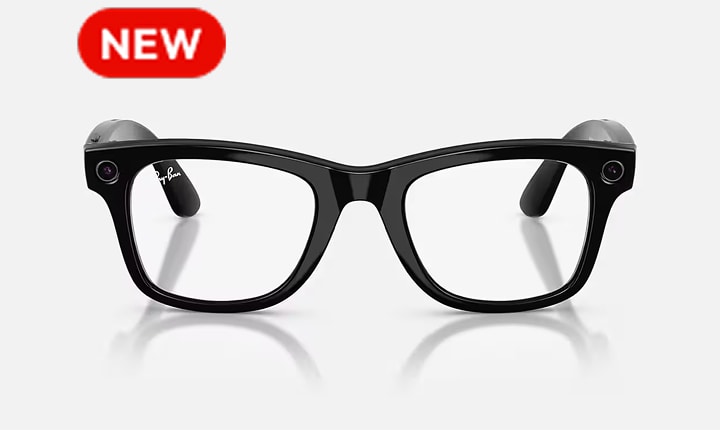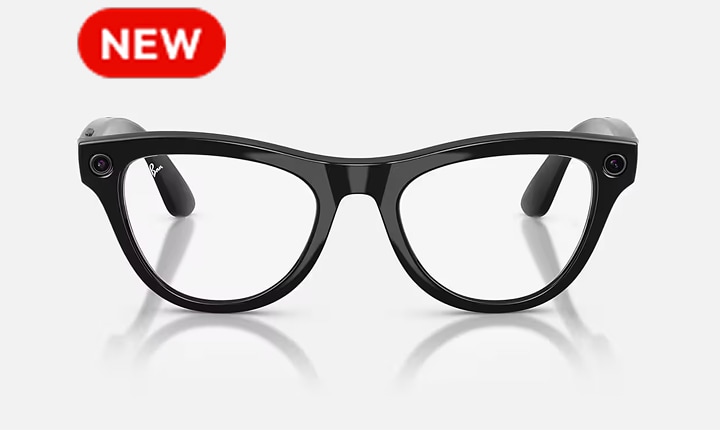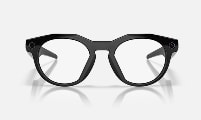In the EBD Blog
What happens when you don’t wear your glasses? Well, there are at least a few effects of not wearing glasses. The most common, and obvious, effect is you won’t see as well. However, another common problem are headaches from not wearing glasses as instructed.
Most patients who don’t wear their glasses properly will oftentimes experience headaches in and around their eyes. Particularly in their temples and eyebrows. Often associated with long days in front of the computer or having to concentrate at certain distances, such as driving for long hours and struggling to read road signs. These are tell tale signs that you should be wearing some sort of correction.
Does not wearing glasses make your eyes worse? While it may not make your prescription worse - and, by the way, your vision won’t get better if you stop wearing your glasses - not wearing glasses can lead to blurred vision - sometimes at all distances, unsightly crows feet and brow wrinkles from squinting, and even dry eye from straining your eyes so much, in addition to the headaches already mentioned.
You might ask: “But, do I HAVE to wear glasses?” Your eye care provider has recommended glasses for a reason. Honest and ethical providers aren’t trying to sell you something, they’re trying to help you by improving your vision. Everyone’s visual needs are different, so you can’t base your need to wear glasses, or not, on a friend or relatives’ experience. The visual needs of a person who sits in front of a computer all day are different from someone who works outdoors or drives for a living. If you want to avoid blurred vision and headaches, it’s best to wear your glasses as directed.
With the above thoughts in mind you may be experiencing headaches WITH your glasses on. There may be a few reasons for this. The first, and most common reason, may be that the glasses need to be adjusted to fit you better. Second, it’s possible your prescription may be off, either too strong or too weak. Yet another reason may be that you need more time to adapt to a new prescription. It’s not uncommon to have a few days of adjustment with a new prescription, particularly if the prescription has changed drastically; however, if you are not seeing improvement in your adaptation each day, it might be a good idea to return to your eye care provider and have them double check the prescription.
If you are wearing glasses properly, and you’ve verified with our eye care provider that the prescription is correct, but it doesn’t seem to be helping your headaches, it may be time to consider other possibilities for your headaches. A discussion with your primary care doctor may be in order.
Just remember, if you want to avoid blurry vision and headaches, wear those glasses!



















